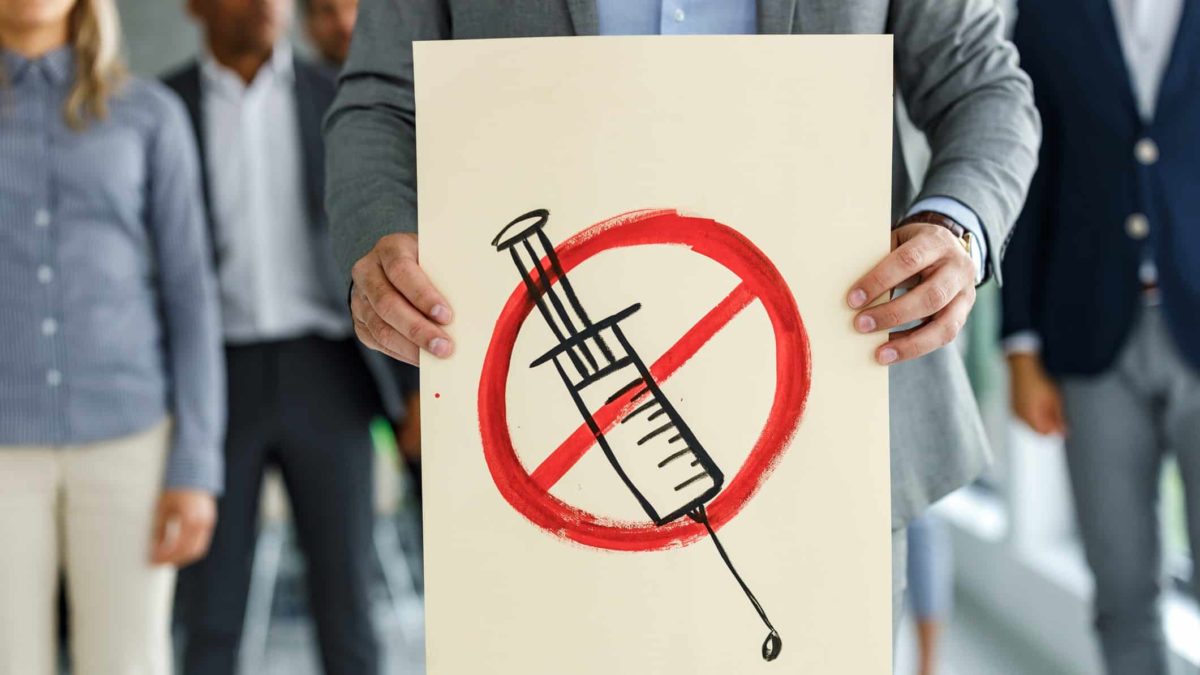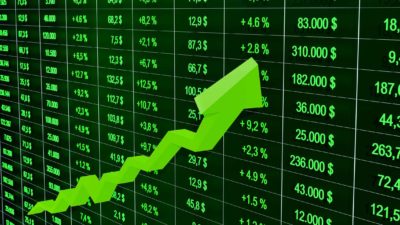New data reveals that only 40% of Australians are willing to take the AstraZeneca plc (LSE: AZN) COVID-19 vaccine. What, if anything, could this mean for CSL Limited (ASX: CSL)?. The data, released Monday in an Essential Research poll, comes at an inopportune time for the country as a whole, with the inoculation roll-out already delayed.
With CSL being the main manufacturer and distributor of the AstraZeneca vaccine in Australia, it would be interesting to know what the company makes of the latest figures.
Let's take a closer look at the data.
1 in 5 Australian women refuse to get vaccinated
Since Essential's previous poll, which was taken before news surrounding possible blood clotting side-effects in those under 50 surfaced, the number of people saying they would refuse to get vaccinated increased from 12% to 16%. This includes 20% of all women and 23% of all 18 to 34-year-olds. The 16% figure is still within tolerable levels to achieve herd immunity, it should be noted.
42% of respondents said they want to get vaccinated as soon as possible, while another 42% said they would prefer to wait for a time before receiving their vaccination.
The number who said they would be willing to have any vaccination is 37%. A further 3% said they would have the AstraZeneca vaccine but not the Pfizer Inc (NYSE: PFE) vaccine. Perhaps most concerning is the number of those people aged over 50 who said they would rather have the Pfizer vaccine than the AstraZeneca one.
As mentioned, those under 50 are not recommended to have the AstraZeneca vaccine. The government is also mandating that those over 50 should not be given the Pfizer vaccine if the AstraZeneca one is available. Nearly a third of respondents aged between 50 and 69 said they want the Pfizer injection, as well as 16% of those aged 70+. Men are much more likely than women to accept either vaccine (48% to 27% respectively).
What could this mean for CSL?
As no Australian consumers can buy vaccines directly (they are purchased by the Commonwealth to then be distributed to states, GPs, and other providers) it's possible CSL may not be greatly impacted by any hesitancy among Australians over the AstraZeneca vaccine. Furthermore, according to JP Morgan healthcare analyst David Low, as reported by The Sydney Morning Herald earlier this year:
CSL's exposure to vaccines is quite small especially after the University of Queensland vaccine program was terminated. It's about the relative financial contribution – the potential earnings from COVID vaccines is modest compared with the group's other business lines.
On the other hand, the government has already responded to public sentiment and changing health advice by recommending against those under 50 having the AstraZeneca vaccine. Motley Fool Australia has contacted CSL for comment.
CSL share price snapshot
Over the last 12 months, the CSL share price has decreased by around 12%. Shares in the company fell from $285.00 each at the beginning of the year to a 52-week low of $242.00 in early March. Since then, the CSL share price has partially recovered to its current level of $273.49. However, the company's shares are still trading almost 15% lower than their 52-week high of $320.42 reached in November.
CSL has a market capitalisation of $124.5 billion.









